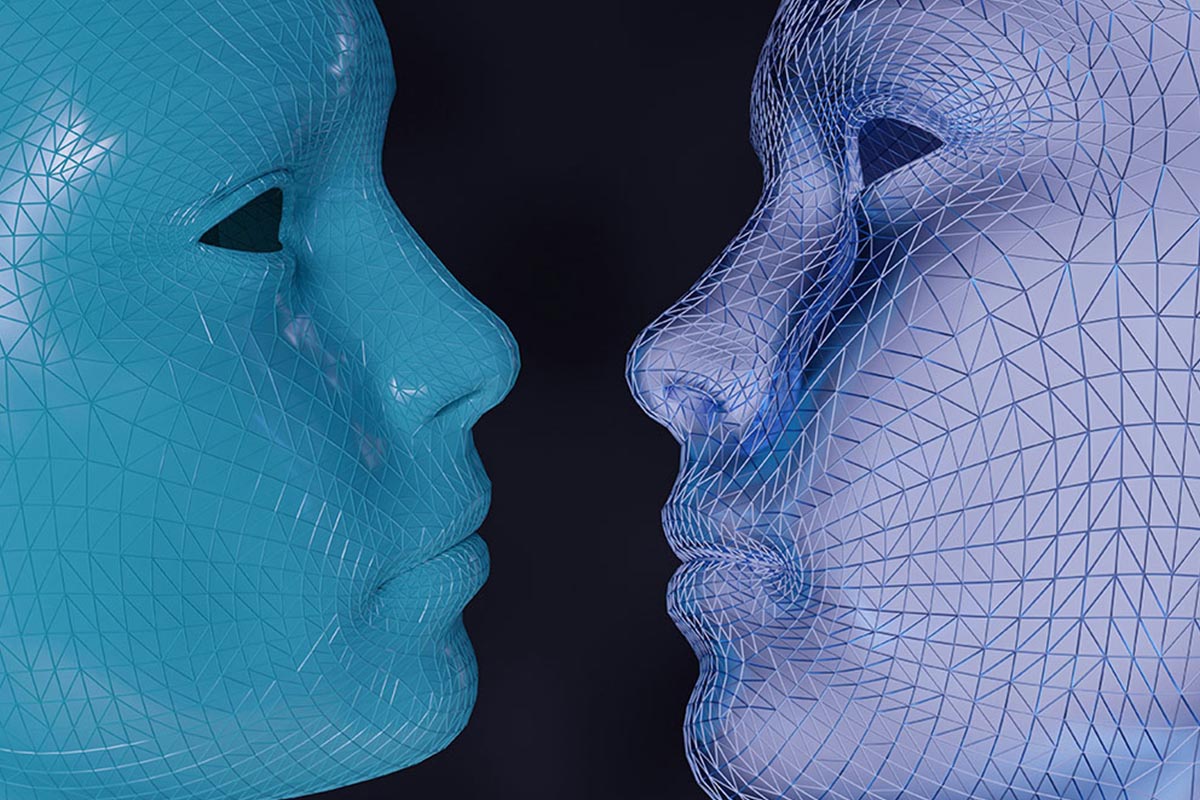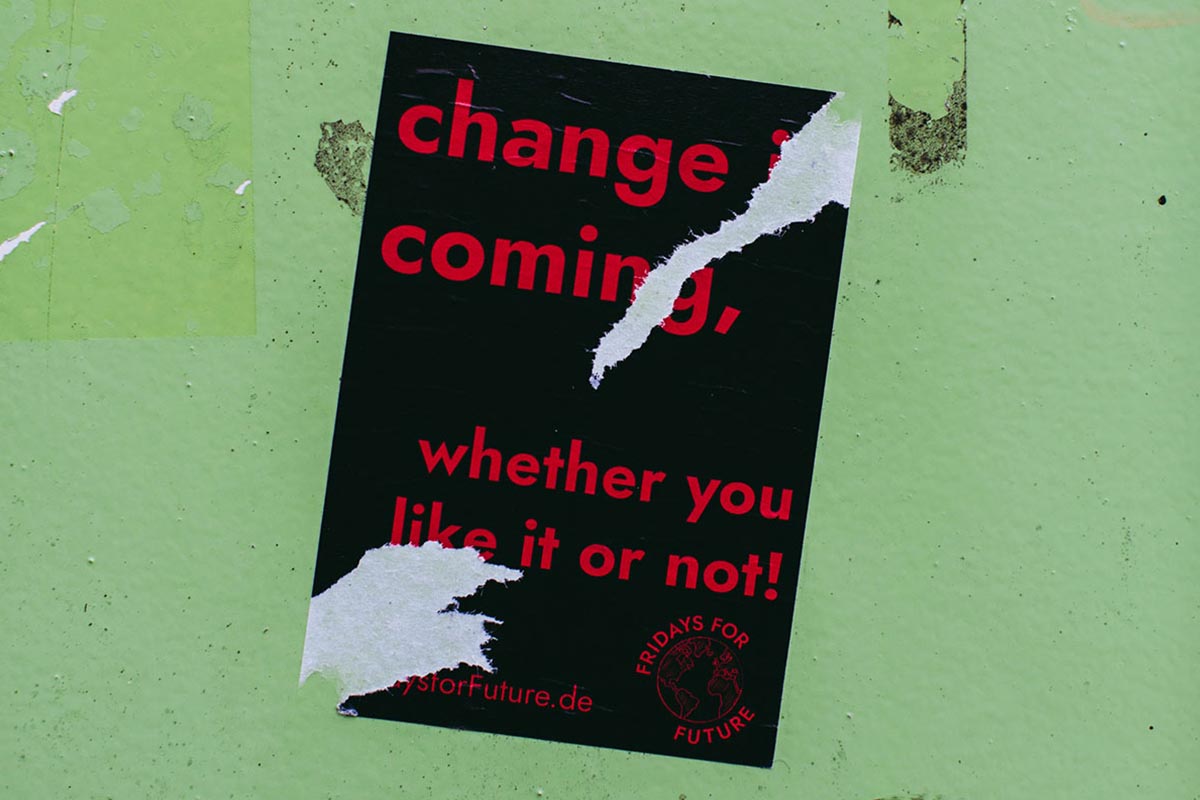EvolviA
Transformation activists!
Change Hackers!
EvolviA is born from real experience. We come from the traditional corporate world, where we did not settle for the status quo, leading transformation processes from within. Today, we channel all that learning to support other organizations in their evolution. We work with a network of experts in each of the areas we address, offering customized solutions based on the real-life experience of those who have walked in your shoes. We are a team that has faced the challenges of leading change from within organizations, and we understand the resistance and opportunities that arise at every stage of the process.
Salvador Viera
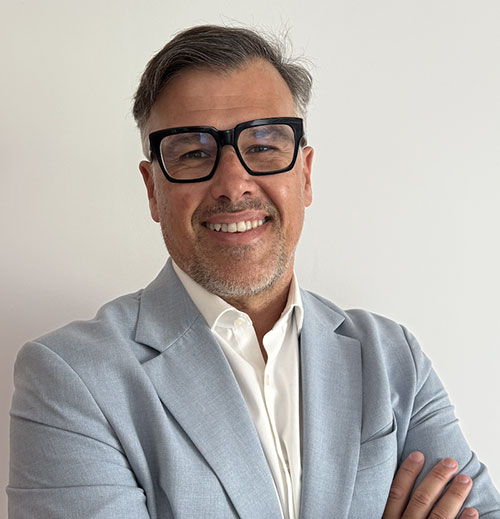
Salva is an expert in people and organizational development. Passionate about cultural change and transformation, he has led change initiatives both locally and internationally from executive positions in large multinational companies.
Certified in Co-Active Coaching, Change Management (ADKAR), Agility, and BVC, he now focuses his experience on driving more dynamic, agile, and innovative organizations from the heart of change.
Domenica Ardizzone

Doménica is an expert in organizational transformation processes and in creating resilient and sustainable cultures, integrating agile methodologies, professional coaching, and well-being as strategic pillars, fostering agile leaders and teams both nationally and internationally.
She is certified in Agile Leadership and Culture, Organizational, Executive, and Team Coaching, as well as NLP.
Enrique Sánchez
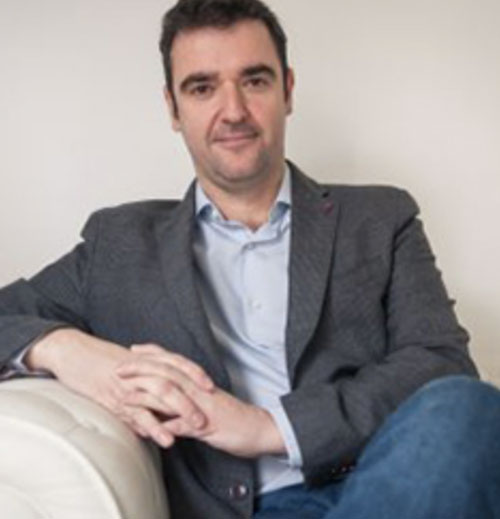
Enrique, with over 20 years of consulting experience, is a specialist in professional development, talent management, and transformational leadership.
Through Ennsaio, he drives organizational change processes through training programs, coaching, and consulting designed to empower individuals and teams. His experiential approach facilitates real transformations, guiding organizations toward more conscious models focused on continuous growth.
Transformation within our DNA

EvolviA’s DNA is rooted in transformation from within. We don’t just support change processes we live them.
Our essence blends culture, leadership, agility, and innovation to drive adaptable and sustainable organizations.
We co-create solutions with our clients that are aligned with their vision and purpose, activating real change from the core.
Because at EvolviA, we don’t just transform organizations walk alongside them in their evolution.
EvolviA WORKSHOPS
Learning does not make the change, but it lights the spark
Change doesn’t happen by magic, nor can it be imposed by decree. It requires a combination of vision, commitment, and, above all, preparation, where having the right skills is essential.
EvolviA workshops were created with that purpose in mind. We don’t aim to offer quick fixes or standard solutions. Instead, we design learning experiences that spark reflection, open up new perspectives, and most importantly, ignite the flame of change. Because we know that learning alone doesn’t transform an organization, but it does set in motion the energy needed to begin.
Here you’ll find programs focused on organizational transformation, agility, change management, adaptive leadership, and other key competencies to face today’s challenges. Each workshop is designed to be practical, flexible, and aligned with the real challenges teams and leaders face today.

Organizational culture design
This workshop proposes a structured and experiential approach to redesigning organizational culture, understood as the system of shared beliefs, behaviors, symbols, and norms that influence the way people act within the company. It is aimed at leaders, HR managers and internal consultants who want to align culture with the strategy and future challenges of the business. Throughout the program we will see.
- Culture Models: Schein, CVF, Barrett
- Visible and invisible culture (artifacts, values, assumptions)
- Diagnosis of current culture and mapping of gaps
- Co-creation of desired values and behaviors
- Design of symbols, rituals and cultural narratives
- Identification of dysfunctional cultural elements
- Toolkit to redesign culture from experience
- Cases of effective cultural transformation
- Role of leadership and HR in cultural redesign

Culture and employee experience
This session focuses on the intersection between organizational culture and employee experience, showing how culture manifests, conditions, and transforms at every touchpoint of the employee journey. It focuses on designing an experience consistent with the values, purpose, and behaviors desired by the organization. We work with experience mapping techniques, cultural storytelling, rituals and symbols that reinforce the link between the person and the organization.
- Employee journey from culture
- Mapping Moments of Truth and Emotional Climates
- Design of experiences aligned with values
- Cultural narratives as identity reinforcement
- Symbolic architecture in physical and virtual spaces
- Measuring emotional connection and sense of belonging
- Design of meaningful rituals in the employee journey
- Integration of culture and employer brand
- Co-creation of culture lived in everyday life

Internal cultural activism
This course challenges the traditional view of cultural change directed exclusively from senior management. He proposes a powerful alternative: cultural activism. Here, people within the organization are trained as ‘internal cultural activists’, agents capable of generating authentic, organic and sustainable movements from the grassroots. Inspired by systems thinking, horizontal networks, and social movements, the course provides tools to create internal communities that challenge the status quo, build new ways of working, and spread new ways of thinking and collaborating.
- Concept of distributed organizational activism
- Identification of informal change agents
- Design of internal cultural communities
- Continuous micro-change laboratories
- Bottom-up Influence Strategies
- Gamification of cultural change
- Cultural Energy and Traction Metrics
- Building cultural movements from the ground up
- Hacking of obsolete rules and rituals

Hackers of change
This course proposes a rebellious and creative vision of organizational change. It teaches how to hack traditional structures to activate transformation processes. Inspired by internal activism and viral dynamics, participants learn to identify invisible leverage points, operate from informality, and build high-impact cultural movements. Ideal for change agents frustrated by bureaucracy, informal leaders, intrapreneurs, and culture teams who want to challenge the status quo and make change an unstoppable energy born from within.
- Systems thinking and lateral change
- Micro-interventions with exponential effect
- Viral movements and institutional hacking
- Informal networks of influence and hidden leadership
- Rebel narratives to transform paradigms
- Tactics of symbolic rupture
- Design of cultural prototypes of change
- Mapping Creative Friction Zones
- Change as positive insurrection
ADKAR to manage change
This training is a strategic immersion in the ADKAR model, a proven, people-centered methodology that allows you to effectively manage organizational change processes. Designed for leaders, HR teams, and change agents, this training provides a clear and structured approach to accompany transitions. Through the ADKAR framework, participants will learn how to diagnose where a person or team is in their change journey, and what specific actions they need to implement to accelerate adoption. At the end, participants will have concrete tools to design and implement successful and sustainable change plans.
- Fundamentals of the ADKAR model
- Awareness: creating strategic and emotional awareness of change
- Desire: activate motivation and internal commitment
- Knowledge: building real capacities
- Ability: accompanying effective implementation
- Reinforcement: ensuring the sustainability of change
- How to diagnose blockages and plan interventions
- Practical application of ADKAR in different exchange rates
- Designing a Change Roadmap with ADKAR

Supporting change
This training focuses on how to apply the ADKAR model on a day-to-day basis in change projects, with a very operational approach.
The course addresses how to map the current state of an organization, how to identify real obstacles to change, and how to design specific actions for each phase. Listening, communication, training and reinforcement tools are also worked on that can be used by any role that facilitates transformation. Ideal for project managers, HRBPs, change agents, culture areas and functional leaders, this training provides key competencies to operate change with rigor, empathy and focus on results.
- Introduction to ADKAR
- Key roles in the change process
- How to map a change initiative
- Tools to activate each stage
- Design of communication and training strategies with ADKAR
- How to measure and visualize the progress of change in each phase
- Cascading ADKAR Application
- Action plan for a real project with ADKAR
Agility as a mindset
This course redefines agility beyond frameworks and methodologies, proposing it as a human-centered organizational design philosophy. The principles of emotional agility, collective intelligence and the design of teams as living systems are addressed. The training is designed for HR leaders and teams who want to redesign work contexts where adaptability, collaboration and learning flow naturally.
- Principles of emotional and relational agility
- Design of equipment as living systems
- Safe spaces for experimentation
- Agile and emotionally resonant rituals
- Autonomy and responsibility as a culture
- Co-creating regenerative team practices
- Facilitating meaningful retrospectives
- Agile mindset beyond method
- Dynamics of trust and deep feedback

The agile organization
This course focuses on redesigning the structure of organizations so that agility can flourish sustainably. Structural models such as holacracy and cellular networks are reviewed, exploring their advantages and limitations. Participants will learn how to map their current value streams, identify bottlenecks, and design an architecture that fosters self-organization, adaptability, and continuous value feedback. In addition, key elements such as distributed governance, internal enablement platforms, and agile decision-making systems are addressed.
- Agile structural models (Business Cases.)
- Designing Organizational Networks and Tribes
- Value streams vs functional hierarchy
- In-house platforms as enablers
- Adaptive distributed governance
- Liquid decision-making systems
- Hybrid and transversal structures
- Agile Structural Redesign Workshop
- Agile organizational effectiveness metrics
Agility as a management philosophy
This workshop explores topics such as agile leadership, management from trust, working in cycles, adaptive portfolio management and value-based incentive systems. The course proposes to abandon control as the main paradigm and adopt experimentation, active listening and evolution as operating principles. It is aimed at executives, managers and transformation leaders who want to transform their mental models and daily practices from the root. It is not about applying scrum, but about leading from agility as ethics and purpose.
- Philosophical Principles of Agility
- Management by values and not by rules
- Distributed Leadership and Networks of Purpose
- Adaptive planning cycles
- Impact-based portfolio management
- Feedback as a nervous management system
- Design of agile incentive systems
- Continuous evolution of the operating model
- Unlearning control as default
- Agility as a mindful leadership practice

Organizational design
This course introduces a new way of thinking about and redesigning organizational architecture: not from the functions, not from the organizational chart, but from the lived experience of people. Organizational design practices inspired by Design Thinking, U-theory and contemporary organizational sociology are addressed. Participants will learn how to map key interactions, identify the most significant friction points, and redesign flows, spaces, rituals, and decisions from the point of view of the people who inhabit them.
- Design Thinking applied to organizational structure
- Cultural and operational friction mapping
- Employee-Centered Design (EX)
- Adaptive and distributed governance
- Redesign narratives: from office to purpose
- Spaces, rituals and symbols in structures
- Organization as a lived experience
- Co-creation with internal users
- Regenerative organization models
HR Strategy with SWP
This training has been designed to empower HR and business leaders to adopt a structured, agile and data-driven approach to people decision-making.
In this training, participants will learn how to create and connect human resources strategy with corporate strategy considering factors such as the evolution of key capabilities, how to project talent supply and demand scenarios, and how to design sustainable actions to close critical gaps. Not only does this training improve operational efficiency, but it reinforces the culture of continuous learning and transformation that modern HR organizations need to grow.
- Practical training in Strategic Workforce Planning.
- Alignment between business strategy and talent strategy.
- Mapping and segmentation of critical roles and capabilities.
- Projection of talent scenarios and gap analysis.
- Integrated strategies: build, buy, borrow, bot.
- Data-driven approach and tracking dashboards.
- Integration with cultural change and leadership models.
Impact of HR on the business
The Human Resources area has to be a strategic partner of the business, but to consolidate that role it must demonstrate its impact with concrete data. This training aims to train in the design, implementation and monitoring of indicators that show the contribution of talent to organizational performance. It will address how to link HR actions with key business metrics.
Participants will learn how to build a “strategic People Analytics” model, define relevant indicators (KPIs/OKRs), interpret insights with business vision, and communicate results with impact.
- HR as a strategic partner of the business.
- Construction of impact models: cause-effect between talent and business.
- Strategic KPIs/OKRs to measure people initiatives.
- Link between employee experience and financial results.
- Design of indicators for leadership, culture and performance.
- Use of People Analytics for decision-making.
- Visualization of results: dashboards and executive reports.

